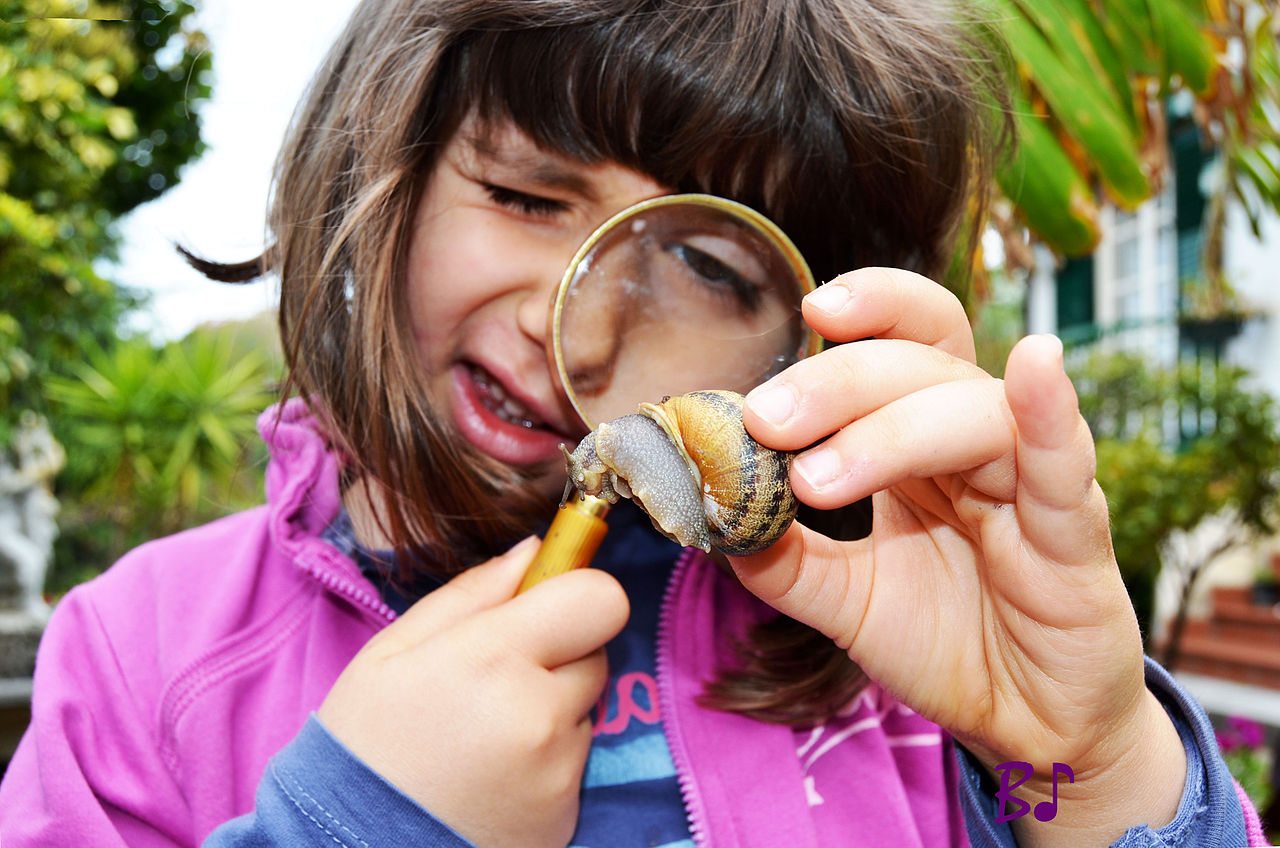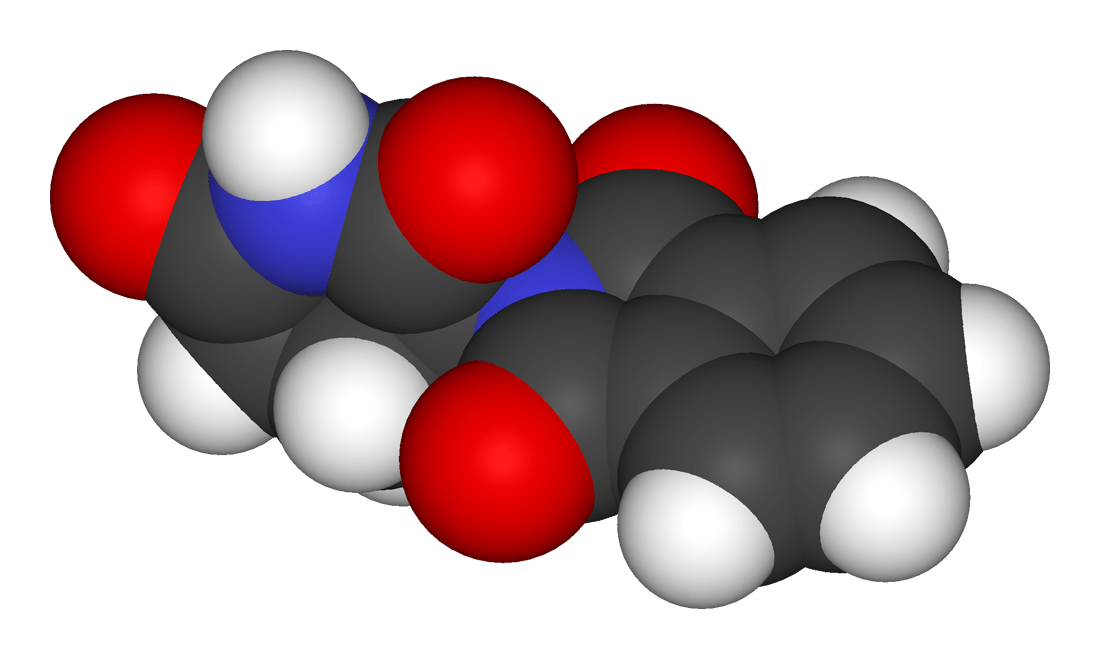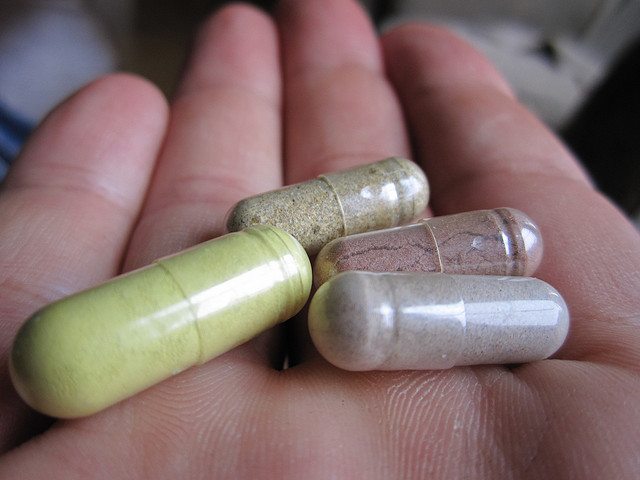Tag: Dietary Supplement Health and Education Act of 1994
Side effects may include liver failure
“Safe and natural.” It’s a marketing phrase attached to dietary supplements that’s often accepted as self-evident. The marketing works. Supplements have a strong health halo. But evidence suggests that this reputation may be undeserved. Not only are there continued questions about whether most supplements have any health benefits whatsoever, there is also evidence that they can be harmful. We can’t even be...
VacciShield: Pixie dust for an imaginary threat
I know by now I shouldn’t be, but I am still amazed by how readily so many people buy into the seemingly endless array of bogus sCAM nostrums. Many are marketed and hawked for the treatment or prevention of diseases that are poorly managed by science-based medicine. There are countless examples of dietary supplements that are purported to effectively treat back and...
DMAA: Efficacious but is it Safe?
by Igor I. Bussel & Drey A. Pavlov Jann Bellamy has recently authored an excellent piece on the limitations of the FDA and how the DSHEA actually protects the profits of supplement manufacturers rather than the health and well-being of consumers. Bellamy used the very poignant and currently “controversial” example of DMAA (methylhexanamine or 1,3-dimethylamylamine) to illustrate her point regarding the loopholes...

What’s in your supplement?
It could be the ingredients on the bottle. It could be drugs. It could be ground-up snails!

Congress will soon lose its foremost supporter of quackery, but will it matter?
I don’t much like Senator Tom Harkin (D-IA), and, I daresay, neither do any of my fellow bloggers here. The reason should be painfully obvious. Arguably, no single elected official currently serving today (or ever) has done more over a longer period of time to promote quackery in the United States. I make this harsh assessment because Senator Harkin was the legislator...
The New England Journal of Medicine Sinks a Bit Lower
I suppose it was bound to happen, but it still rankles. Here is the back cover of last week’s issue of the decreasingly prestigious New England Journal of Medicine: Here’s the front cover: It’s the 200th Anniversary issue, no less. Some might protest that ‘probiotics’—live bacteria of ‘good’ varieties, as far as the gut is concerned—aren’t all that implausible, and that...

Oh yeah? Thalidomide! Where’s your science now?
Online discussions on the merits of alternative medicine can get quite heated. And its proponents, given enough time, will inevitably cite the same drug as “evidence” of the failings of science. Call it Gavura’s Law, with apologies to Mike Godwin: As an online discussion on the effectiveness of alternative medicine grows longer, the probability that thalidomide will be cited approaches one. A...
Utah Senator Orrin Hatch: A pit bull in defense of the supplement industry
Editor’s note: This weekend was truly NIH grant crunch time. I have to get my final version of my R01 to our university’s grants office by Tuesday, or it might not get uploaded by the July 5 deadline. (Funny how electronic submission, which was supposed to make applicants’ lives easier, seems to have made them harder.) Consequently, I decided to take a...
The Free Speech About Science Act (H.R. 1364), “health freedom,” and misinformed consent
“Health freedom.” It’s a battle cry frequently used by supporters of “alternative” medicine against what they perceive to be persecution by the medical and scientific establishment that uses the Food and Drug Administration, the Federal Trade Commission, and other federal agencies charged with regulating pharmaceuticals, food, cosmetics, and medical devices in order to protect the public against fraud, adulterated food, and quackery....


